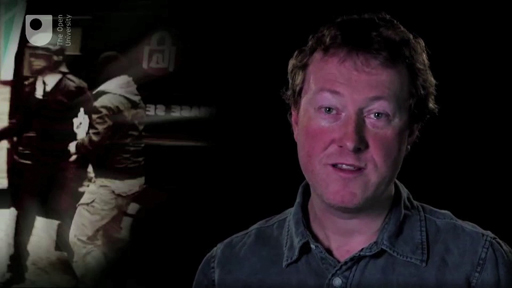Week 3: Seeing and not seeing
Introduction
Start this week by watching the weekly video with Graham and Catriona.

Transcript
For a witness to remember something, they first need to see it and notice it. It goes without saying that you cannot remember something if you did not see it. But is it possible to see something, but not notice it?
In producing their initial statements, both Lila and Seth had to make use of their memory for the crime. In Week 2, you considered the reliability of witness memory, particularly for certain types of information.
The branch of psychology that studies the mental processes used by the brain is known as cognitive psychology, and it divides the way the brain deals with information into sets of different processes:
- Perception – refers to how the mind interprets the information that is received by our senses (such as sight and hearing). For example, the light that enters our eyes is transformed by the brain into electrical impulses that are analysed to allow us to make sense of the world around us.
- Attention – is the processes involved in noticing different things around us. As you sit here reading this page, it is likely that the only thing you are attending to is this text, but of course you are also perceiving a great deal of additional information about the world around you. Attentional processes therefore allow us to focus on just part of our environment.
- Memory – allows us to encode, store and then later retrieve the information that has been perceived and attended to. Of course, not all the information we see and notice is remembered, and even the information that is stored in memory may be quite different to what we actually saw.
So far you have been concentrating on the memory of an eyewitness, but now you’ll consider the roles played by perception and attention. One key question to ask here, is what do witnesses tend to notice, and is it possible for a witness to completely miss a significant event that happens right in front of them?
